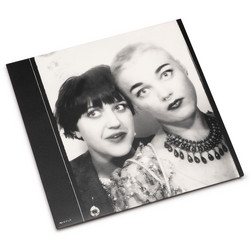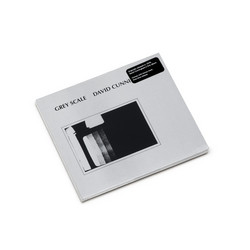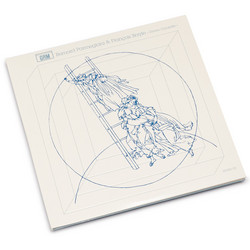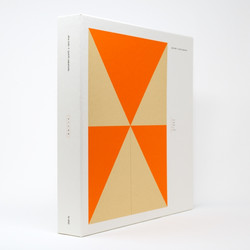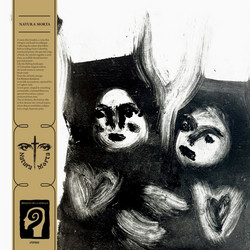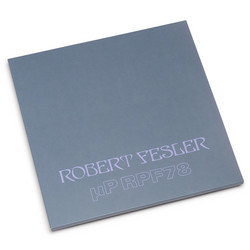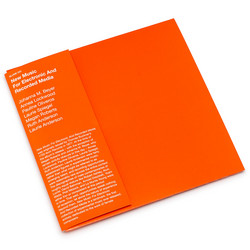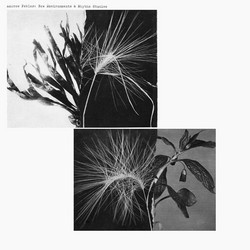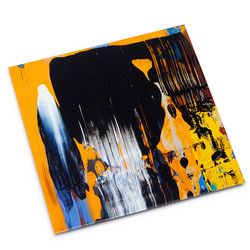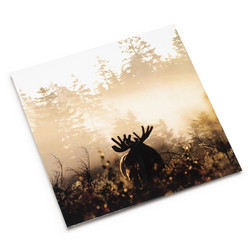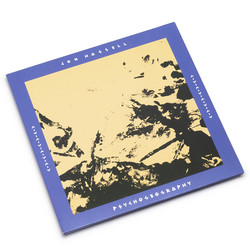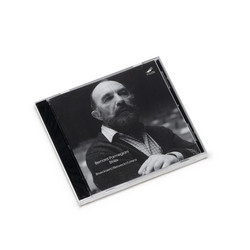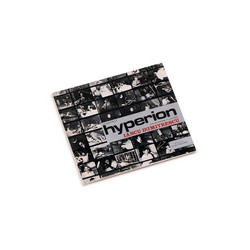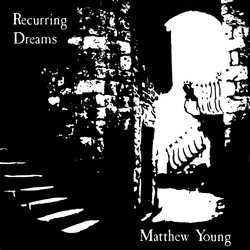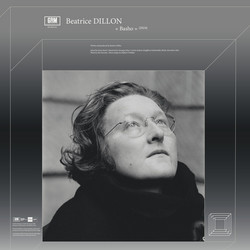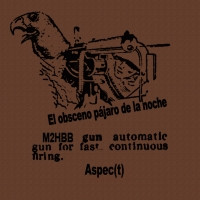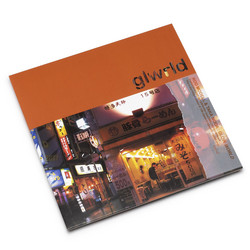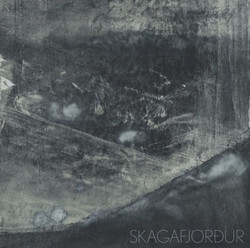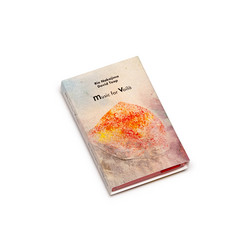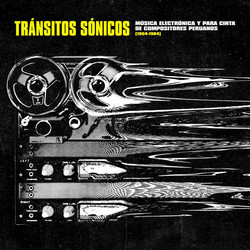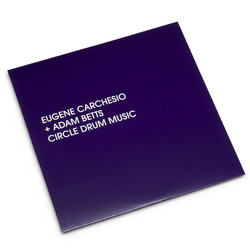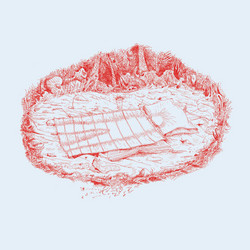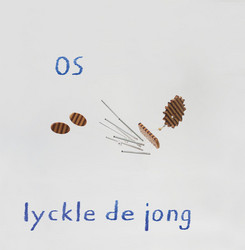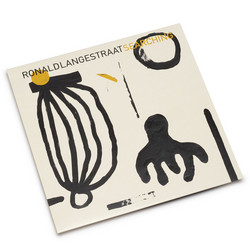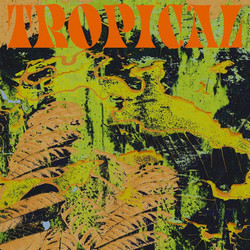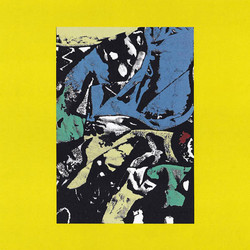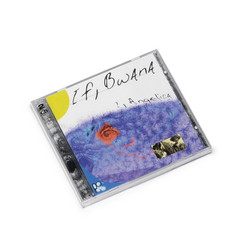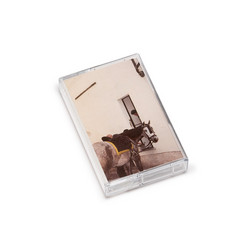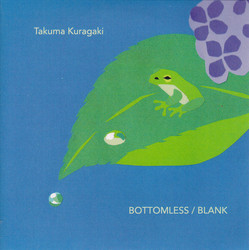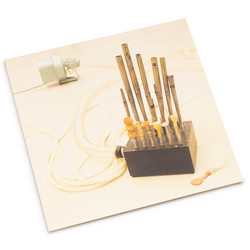Kim David Bots and Lyckle de Jong met in the water-basin of one of the earliest concrete structures in the Netherlands, a bunker that was part of Amsterdam’s defensive line, built around the 1890’s. Something that used to house water was now empty. For three days they recorded improvised music that is still on a hard drive somewhere. Since then they have performed and recorded together, with a bunch of releases still to come. The third of May was written and recorded in 2020 over the course of six days spent in an old pumping station in the dunes of Huisduinen near Den Helder. Den Helder is the northernmost city of the province of Holland in the Netherlands. It is largely surrounded by water and seems to edge into the North Sea. It has had a military function since the 16th century, but few know that it is the most heavily bombed city in the Netherlands. Seventy years ago it was almost completely wiped off the map. The following is a story imagined in Den Helder.
1. The shadow of a bird on the North Sea. A herring gull moves effortlessly, wings outstretched. We follow its flight up the Dutch coast to a crowded beach near Den Helder.
2. In the distance, a dot barely distinguishable from the shadows of the waves, a swimmer struggles to stay afloat in a roiling sea. A moments coordination between lifeguards before they enter the water and the swimmer is pulled ashore. A resuscitation follows, beachgoers gather around. An emergency helicopter arrives. The swimmer is lifted into the cabin of the helicopter. Now, for the first time, we see our protagonist, J., from behind, looking up at the helicopter.
3. J. moves past rows of wooden bicycle racks typical of bike parking at Dutch beaches. Brushing past the one to which his bike is locked, a tiny splinter penetrates the skin of his right thumb. It stings. A quick glance. For a second he puts his thumb in his mouth. A bike ride through the dunes follows, greeting passers-by and acquaintances.
4. J. arrives home. He enters, a kiss on the cheek, a meal on the table, a conversation about the incident with the swimmer. They ready for bed. The splinter already forgotten.
5. It is night, around 2 am. A putrid smell drifts into Den Helder from the sea. Awakened by this smell, J. finds himself beside his bed. Quietly he moves out into the upstairs hallway, down the stairs and into the kitchen. Occasionally the kitchen is lit up, then dark again. With a throbbing right thumb, half awake, half asleep, J. opens the kitchen door and stumbles out into the night.
6. J. is standing on the sea wall that separates Den Helder from the sea. On the right a lighthouse (Kijkduin), on the left emptiness. Out at sea, the sound of trawlers. The silhouette of a freighter on the horizon. J.'s right thumb, heavy and feverish. The lighthouse sends beams of light in a repeating rhythmic pattern in all directions (Fl(4) W 20s). The foaming heads of the surf are distinctly visible. Rippling lines, that are strangely interrupted by something. A shape... A figure!
7. First one, then multiple semi-translucent snail-like figures slither up from the rippling water onto the basalt blocks at the foot of the sea wall.
8. Now, less than a meter away from where J. is standing, one of the semi-translucents halts. J. feels no fear, no urge to flee, but an involuntary sympathy awoken deep within him. An unimaginable calm fills J.
9. J. is gone. At least, he has turned inwards. In there, together with J., is the creature, singing in a fragmented language, made up out of historical scraps projected directly into J.’s visual cortex. J. sees the past of Den Helder, Spanish prisoners of war forced to build a Napoleonic fortress, the city burned, swept away by floods, bombed and rebuilt over and over again.
10. Night gives way to morning, a storm passes, the rising sun warms J's face. His eyes are open but unresponsive. He is bent backwards, his knees at an odd angle. From a distance, a runner approaches with her dog.
11. We see J. from above, still in the same pose. The runner at his feet. Slowly we float upwards. We see more people gathering on the seawall. A police car arrives and stops near J. We continue to float upwards. Higher and higher. A herring gull passes below us, circles back and hangs there, motionless in the wind.

